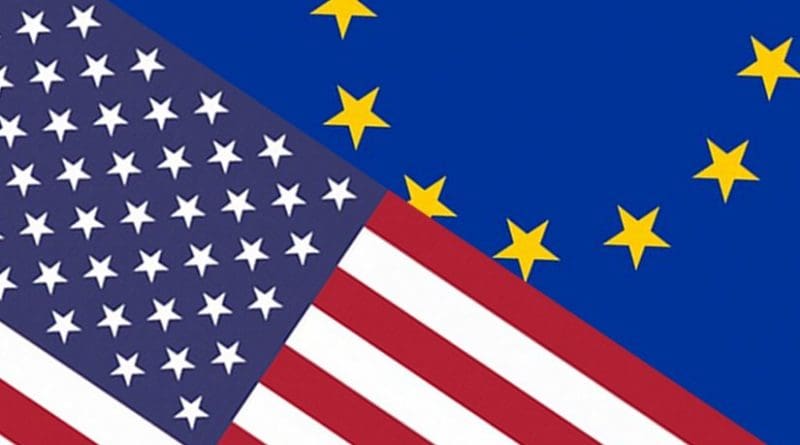EU-US Trade Deal ‘Frozen’ Following Trump Winning Elections
By EurActiv
(EurActiv) — Talks on a vast free-trade deal between the EU and US are likely to be “frozen” for years after the stunning election victory of Donald Trump, the EU said on Friday (11 November).
US president-elect Trump campaigned furiously on a promise to scrap international trade deals, throwing the ambitious pact with the European Union into serious doubt.
Brussels and Washington tried to get the Transatlantic Trade and Investment Partnership (TTIP) through by the time Barack Obama left office but fell short.
“TTIP will probably be in the freezer for quite some time and then what will happen when it is defrosted, I think we will need to wait and see,” EU Trade Commissioner Cecilia Malmström said after trade ministers held talks in Brussels.
“We don’t know what he thinks about TTIP,” Malmström said, referring to Trump, although she acknowledged that the brash billionaire was clearly opposed to big trade deals.
TTIP has been under negotiation since 2013 and was supposed to be one of the most ambitious free trade accords ever attempted.
It would create the world’s biggest free trade market of 850 million consumers stretching from Hawaii to Lithuania.
But it had attracted increasing opposition in Europe, where voters have grown increasingly dubious to the benefits of globalisation.
The stalled talks come as a huge setback to Europe’s trade strategy with a similar deal with Canada facing an uncertain ratification process and difficult talks expected next year with the UK over Brexit.
“These (TTIP) negotiations… are dead and I think everybody knows it even though lots of people don’t want to admit it yet,” said French Trade Minister Matthias Fekl after talks in Brussels with his EU counterparts.
“Never mind who is president in the US, what is important is that Europe … affirms itself as a global player as the most important commercial entity in the world,” Fekl added.

